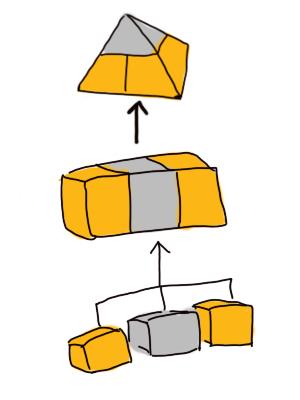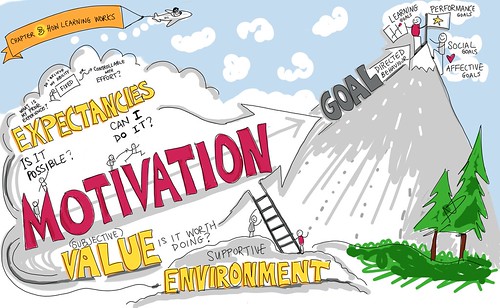
What?
There are two major points made in Chapter Four of How Learning Works (HWL). Mastery is an important final stage of learning that requires specific teaching practices to ensure student achievement, and mastery as an instructor can leave us blind to the challenges students face on their own road to this goal.
HWL offers a four-stage model for progression towards mastery:
- unconscious incompetence
- conscious incompetence
- conscious competence
- unconscious competence
and three teaching modes for their attainment:
- component skills
- integration
- application
Application will be familiar to many instructors as the ‘transfer’ learning that we hope to see when students are able to apply concepts or skills learned in one context (typically, the classroom or lab) to a new context (hopefully, the real world).
This topic lends itself to both traditional academic disciplines and to trades and skill-based learning. Examples can be developed from both spheres, but perhaps there are differences in how this plays out in each context.
The implication for mastery in instructors is that having achieved the ‘unconscious competence’ stage, instructors have blind spots where they don’t realize that internalized steps or an intuitive ability to apply knowledge is perceived by learners as a black box, or not perceived at all. Options to alleviate this perceptual mismatch are offered in the “Strategies to Expose and Reinforce Component Skills” section of the chapter.
So What?
This chapter makes a strong case that supporting the path towards mastery is the key to deeper learning. An argument could be made that the ‘application’ stage is where professional fields like accounting, or general skills like critical thinking, make our graduates successful in their lives after graduation.
Now What?
As you think about this chapter, consider how it relates to your own teaching practice or the learning you have supported.
- Are these stages of learner achievement and the teaching modes that support their attainment, factors in your context? Where does the model fit and does it fall short in some aspect?
- If you have one, describe your own experience with a ‘blind spot’ as an instructor. How did you overcome it?
To encourage participation, those who share a comment/post this week will have their name entered into the Chapter Four draw for a $25 CAD gift certificate for Chapters Indigo. Read the contest guidelines here. Good luck!
The Book Club chat on Chapter Four will take place on Friday, Oct 12th at 10 AM PST. Check out the schedule and how to connect with the group. We also invite you to say hello in the Comments section of our Intro post.




